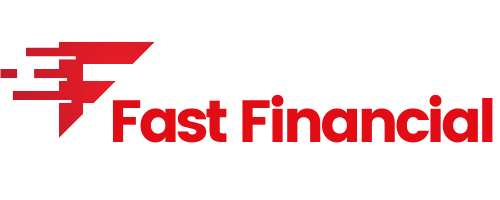Self Employed Borrowers: What You Need to Know
If you’re self-employed and looking to borrow money, there are a few things you need to know. Unlike traditional employees, self-employed individuals have a unique set of challenges when it comes to securing financing. Lenders often view self-employed borrowers as riskier than those with traditional jobs, and as a result, they may require more documentation and charge higher interest rates.
One of the most important things you need to know as a self-employed borrower is that your income will be scrutinized. Lenders want to see that you have a consistent source of income and that your business is profitable. You’ll likely need to provide tax returns, bank statements, and other financial documents to prove your income. It’s also important to keep your personal and business finances separate, as commingling funds can make it difficult for lenders to determine your income and expenses.
Basics of Being a Self-Employed Borrower
What is a Self-Employed Borrower?
As a self-employed borrower, you are someone who runs their own business or works as an independent contractor. Unlike traditional employees, you are responsible for your own income and taxes. This can make it challenging to qualify for a loan or mortgage, as lenders typically require proof of steady income and employment.
Why is Being Self-Employed a Challenge?
One of the biggest challenges of being self-employed is the irregularity of income. Lenders may view this as risky, as it can be difficult to predict future earnings. Additionally, self-employed borrowers may have a harder time providing the necessary documentation to prove their income, such as tax returns, profit and loss statements, and bank statements.
What are the Requirements to Qualify for a Loan?
To qualify for a loan as a self-employed borrower, you will typically need to provide more documentation than a traditional employee. Lenders will want to see proof of income and employment, such as tax returns, bank statements, and invoices. They will also look at your credit score, debt-to-income ratio, and other factors to determine your eligibility for a loan.
Some lenders may require additional documentation, such as a business license or proof of insurance. You may also need to provide a larger down payment or pay a higher interest rate to offset the perceived risk of lending to a self-employed borrower.
In summary, being a self-employed borrower comes with its own set of challenges, but it is possible to qualify for a loan with the right documentation and preparation. By understanding the requirements and working with a knowledgeable lender, you can secure the financing you need to grow your business or achieve your personal goals.
Documents You Need to Provide
As a self-employed borrower, you will be required to provide certain documents when applying for a loan. These documents are necessary to verify your income, expenses, and business operations. Here are the documents you need to provide:
Personal Tax Returns
You will need to provide your personal tax returns for the past two years. This will give the lender an idea of your income and tax liabilities. If you filed an extension, you will also need to provide a copy of the extension.
Business Tax Returns
In addition to your personal tax returns, you will also need to provide your business tax returns for the past two years. This will give the lender an idea of your business income and expenses. If you have a partnership or corporation, you will also need to provide the relevant tax returns.
Bank Statements
You will need to provide your bank statements for the past three to six months. This will give the lender an idea of your cash flow and financial stability. Make sure to provide statements for all your business and personal accounts.
Profit and Loss Statements
You will need to provide your profit and loss statements for the past two years. This will give the lender an idea of your business income and expenses. If you have a partnership or corporation, you will also need to provide the relevant statements.
Business License and Registration
You will need to provide proof of your business license and registration. This will verify that your business is legitimate and operating legally. Make sure to provide all the relevant documents, such as your business license, articles of incorporation, and any other registrations.
Providing these documents will help you get approved for a loan and ensure that you are borrowing within your means. Make sure to keep accurate and up-to-date records of your income and expenses to make the process smoother in the future.
